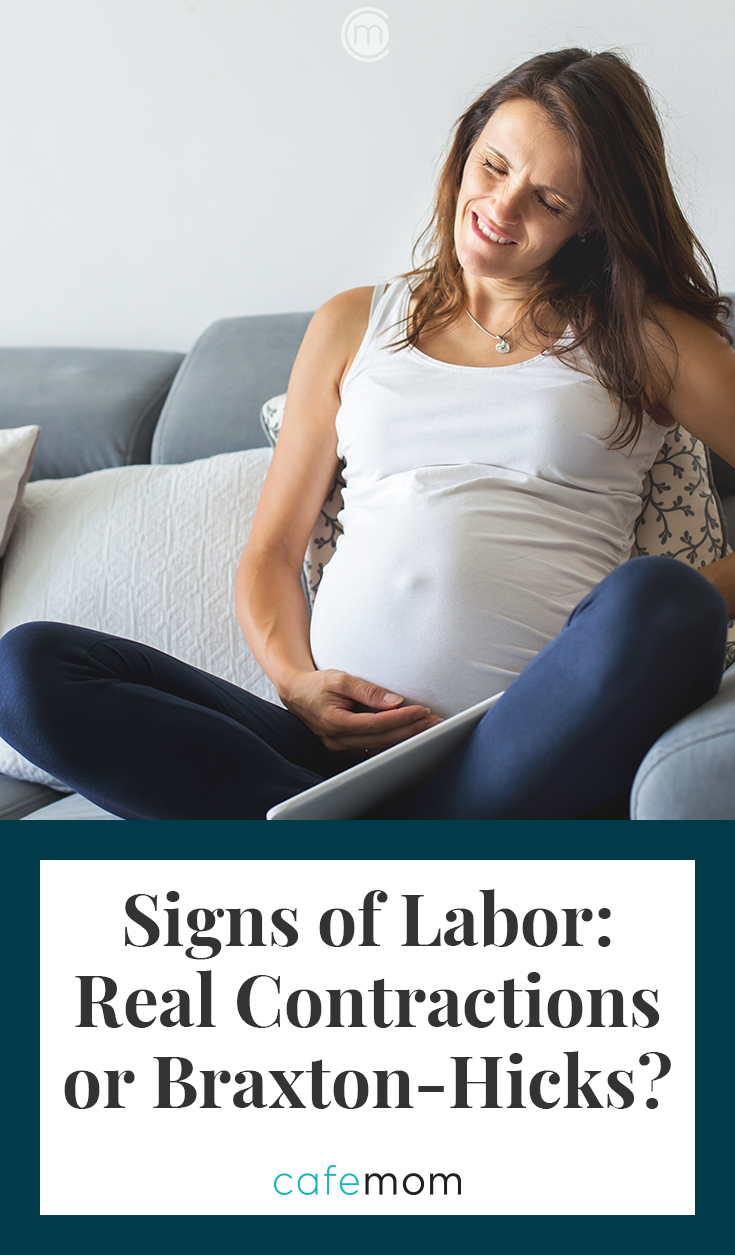I am the type of girl who can spot a knockoff handbag across the room with no hesitation. (What can I say? It’s a gift I gave myself while living in NYC so I didn’t waste real money on a fake.) I wasn’t so confident when I was pregnant. Once I hit my third trimester, I called everyone and their mother at the slightest twinge of possible labor pain because I didn’t want to be one of those moms who gave birth on the side of the road.
Like most women, I had a few scares. I remember being convinced I was in labor while visiting my mom at the hospital at 37 weeks. I felt great being on location; I had no commute whatsoever to deliver if need be. Turns out it was only Braxton-Hicks, but it definitely didn’t feel that way that night.
“Braxton-Hicks contractions are most often described as irregular and infrequent, though I read (in Penny Simkin's The Birth Partner) that they can also be regular, strong, and frequent,” said Jennette Selig, postpartum doula, educator, and owner of Birth Sweet Brooklyn. “No wonder people get confused! I'd say one of the clearest differences between Braxton-Hicks and labor contractions is that, if timed/tracked, Braxton-Hicks do not progress in a clear way.”
According to the March of Dimes, here are some other key differences between Braxton-Hicks and the real thing:
- Braxton-Hicks may stop when you walk, urinate, change positions, or rest. True labor contractions do not go away, no matter what you do.
- You usually feel Braxton-Hicks in the lower abdomen and groin. Labor pain typically starts in the back and wraps around the front.
- True labor contractions come in regular intervals and get closer together. They last 30 to 90 seconds. Braxton-Hicks are typically irregular or, if they are regular, only stay that way for a little while. They are also shorter in duration.
- Braxton-Hicks does not increase in intensity. You may experience a mix of weaker and stronger contractions. When you’re in labor, contractions are steadily stronger as it progresses.
Selig adds that drinking water can also help you pinpoint the cause of your contractions. “Braxton-Hicks may be caused by dehydration. So stay hydrated or rehydrate if you are wondering if what you’re feeling might be Braxton-Hicks.”





